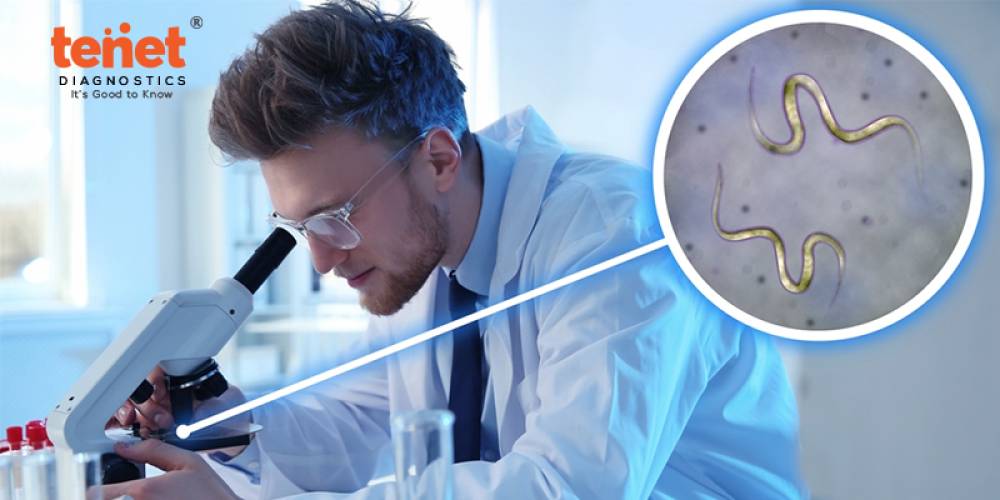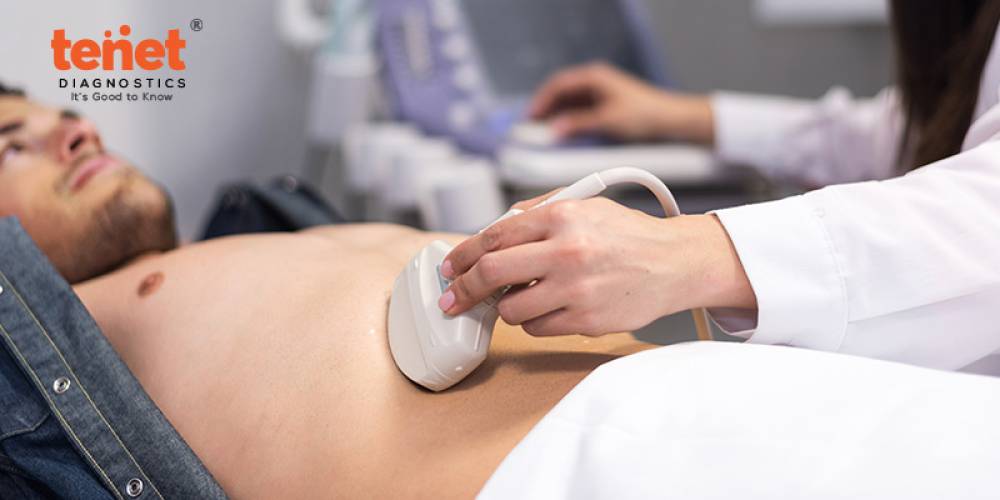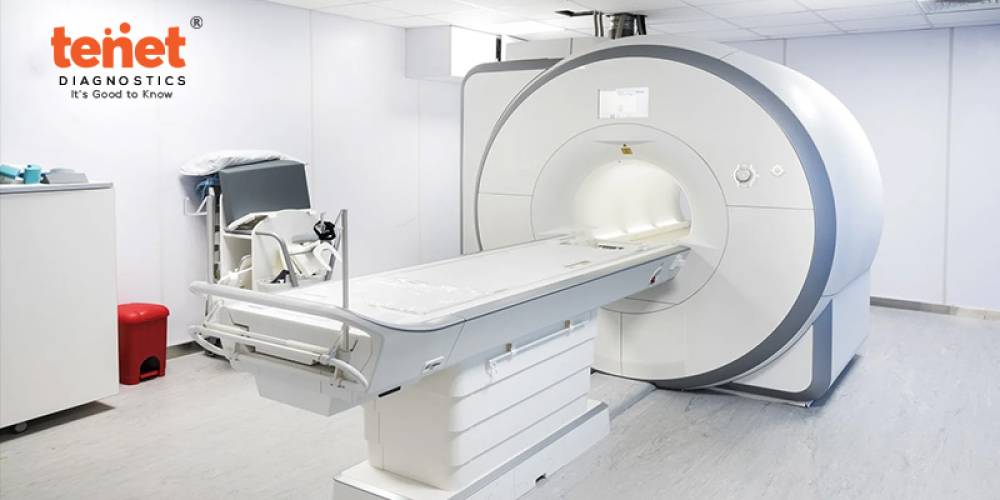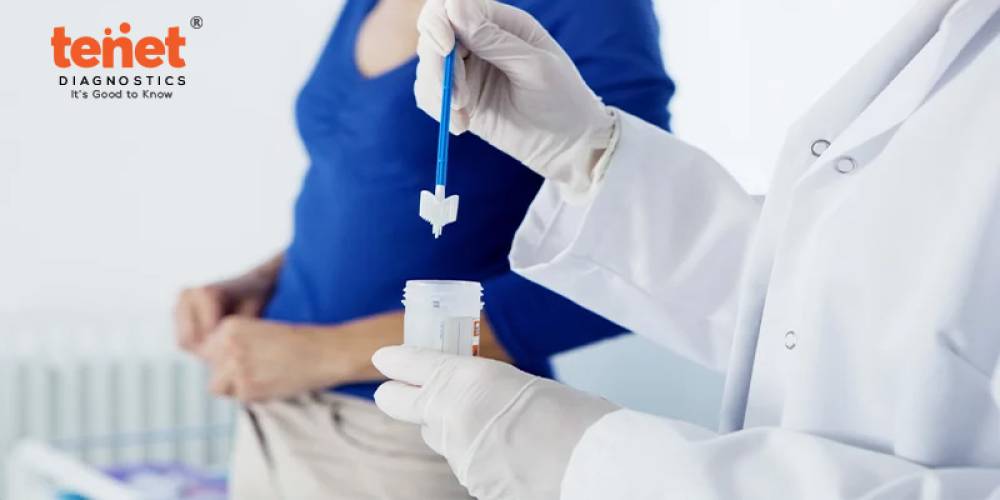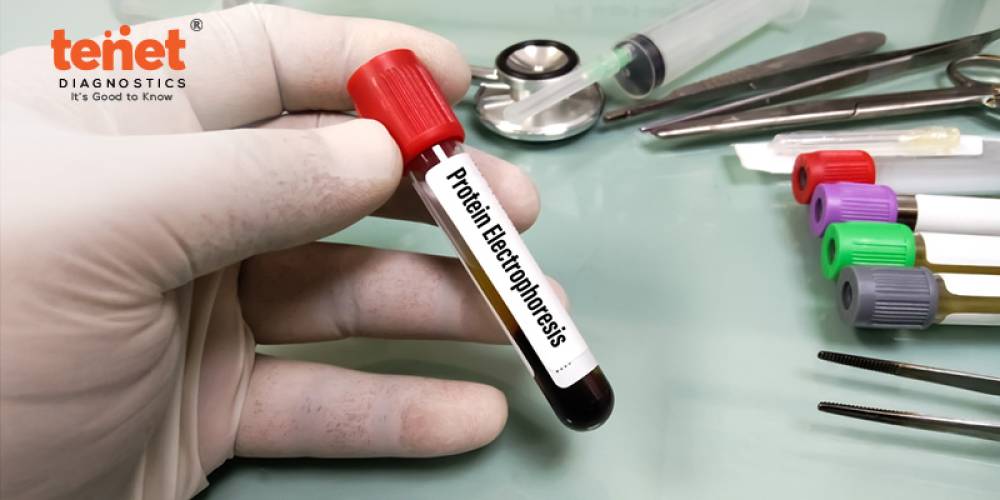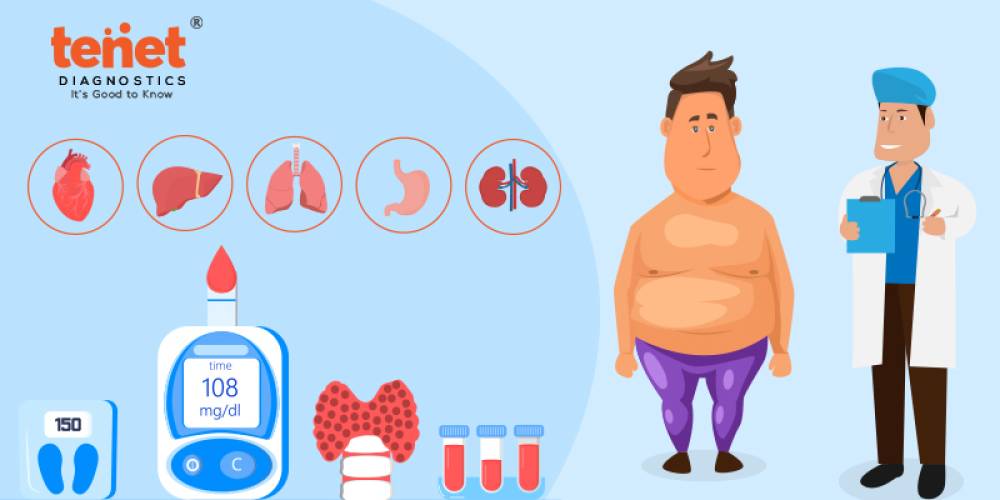One diagnostic method used by medical professionals to determine the cause of stomach problems is a stool test. This test can identify pathogenic bacteria, viruses, and other microorganisms in your stool. Stool tests are used by medical professionals to diagnose colon cancer and other gastrointestinal disorders.
We have discussed every aspect of a stool test in this blog. If you are looking for a stool analysis test in Hyderabad, Tenet diagnostics is one of the best options to go to. They provide top notch services using exclusive advanced treatment options for efficient and quick results.
A stool test searches your feces for germs, bacteria, viruses, and parasites that might cause illness. Stool routine microscopy tests can also search for additional indicators of a problem, such as blood that is buried. Stool routine tests are a useful tool for medical professionals to screen for gastrointestinal (GI) conditions, such as malignancies and infections.
The following signs could indicate that a stool test is something your doctor recommends:
- You have blood in your stool.
- Your poop contains mucus.
- More than three days of diarrhea or loose stools.
- Cramps or soreness in the stomach.
- Days-long vomiting or nausea.
- Elevated temperature.
What are the types of stool tests?
There are several types of stool tests. Tenant diagnostics provide the best test based on the symptoms:
- Fecal occult blood test (FOBT): This kind of stool test searches for blood clots in your feces. If the test is positive, it indicates that there is bleeding in your digestive system.
- FIT-DNA test: This stool routine test finds minute amounts of blood in your feces, much like the FOBT does. However, it also searches for DNA alterations that can point to malignant or precancerous situations. The acronym for the fecal immunochemical test is "FIT."
- Tests for infection: There are several ways in which providers can conduct these tests. However, all these tests use one of three methods to hunt for germs in your stool: they look for germ DNA, cultivate them, or examine them under a microscope.
What is the stool microscopy test procedure?
A sample of your feces must be given to your doctor. This won't need to be done at the physician's office. Rather, you will receive a customized lidded jar to take home. Your name and birthdate might be on here. You can write it on the label if not.
Your physician will go over any specific instructions and sample collection procedures with you. Generally, you'll do the following actions:
1. Put something in your toilet to collect waste. You may use a clean, empty plastic container that you already own, or your doctor might offer you one. You might also cover the toilet rim with newspaper or plastic wrap if your stool isn't loose or wet. 2. Make sure the inside of your toilet is not touched by your excrement. It might acquire bacteria that are not your own. Stool analysis test in Hyderabad could be beneficial for people dealing with symptoms of bacterial infections. 3. Fill the container with the sample. A little spoon or spatula that you can discard after usage should be given to you by your doctor. 4. Avoid packing the container too full. You will just need to submit a sample for the test that is roughly the size of a walnut. Don't forget to add any slimy, wet, or bloody bits. 5. Prevent your feces and urine from getting mixed up. If you must go potty, do it before you begin. 6. After thoroughly cleaning your hands with soap and water, place the container inside a sealed plastic bag. Empty any remaining excrement into the toilet. 7. As soon as you can, return the sample to your doctor's office. Up until that point, you can store it in your refrigerator for no longer than a day. 8. Inform your physician about all medications you take, as they may have an impact on the outcome of your test. Additionally, they ought to be aware of any over the counter, illicit, vitamin, herbal, or supplemental medications you may be taking.
What does a stool test check for?
Stool tests can diagnose various gastrointestinal conditions. Such as:
- Anal fissures such as small cuts in the anus from where poop comes out.
- Anemia which is a lack of red blood cells.
- Colitis or swelling and irritation in the colon which is a part of the intestine.
- Colon polyps are small clumps of cells in the colon.
- Colorectal cancer
- Diverticulosis which is the bulging pockets in the intestine.
- Exocrine pancreatic insufficiency which does not break down food in the intestines.
- Gastrointestinal bleeding
- Hemorrhoids or swollen veins in the anus.
- Infections such as bacterial, viral, or parasitic.
- Inflammatory bowel diseases such as irritation in the digestive tract.
- Steatorrhea or excess fat in poop
- Stomach ulcers or sores in the stomach.
Stool test cost in Hyderabad:
In Hyderabad, the routine test for stool examination costs ₹ 300. The fastest free home sample collection is included in the price of this stool routine test in Hyderabad; it is available 60 minutes after the booking is made, and the results are available in 6 hours. Stool analysis test in Hyderabad
Final Words:
In conclusion, it is critical for patients and healthcare professionals to comprehend the stool microscopy test. With this diagnostic instrument, which provides insightful information on gastrointestinal health, a variety of illnesses, including infections, digestive disorders, and even some types of cancer, can be detected and managed. If you want to undergo a stool test near me, Tenet diagnostics is your best bet!
Through an examination of the types, applications, methods, and possible outcomes of stool microscopy, people can understand its importance in precisely diagnosing underlying problems. Treatment plans are greatly aided by this test, which may identify germs and parasites and determine if blood or inflammation is present.
Frequently Asked Questions:
1. What are the results of stool microscopy?
There is a reducing chemical present if the fluid in the supernatant turns green, brown. The test result is normal if the amount of reducing substance in the stool is less than 0.25 mg/dL. A reading of 0.25–0.5 mg/dL indicates a questionable test result. The test result is abnormal if it is greater than 0.5 mg/dL.
2. What is the purpose of a stool test?
In a stool test, a sample of feces (poo) is examined in a lab setting. Stool tests come in a wide variety to screen for gastrointestinal infections, colon cancer, and other illnesses. Most patients with gastroenteritis don't require any testing, however, occasionally your doctor could recommend a stool culture.
3. What is the procedure of stool examination?
A tiny portion of the specimen should be taken and put on a microscope slide. If the stool sample is still rather solid, mix it with a drop or two of saline. One slide should ideally be able to accommodate two smears, one of which can be dyed with iodine.
4. What is a normal stool test result?
The stool has a well-formed, velvety, brown appearance. There are no pathogenic bacteria, viruses, fungus, blood, mucous, pus, or undigested meat fibers in the feces. The feces have a tube-like form.

